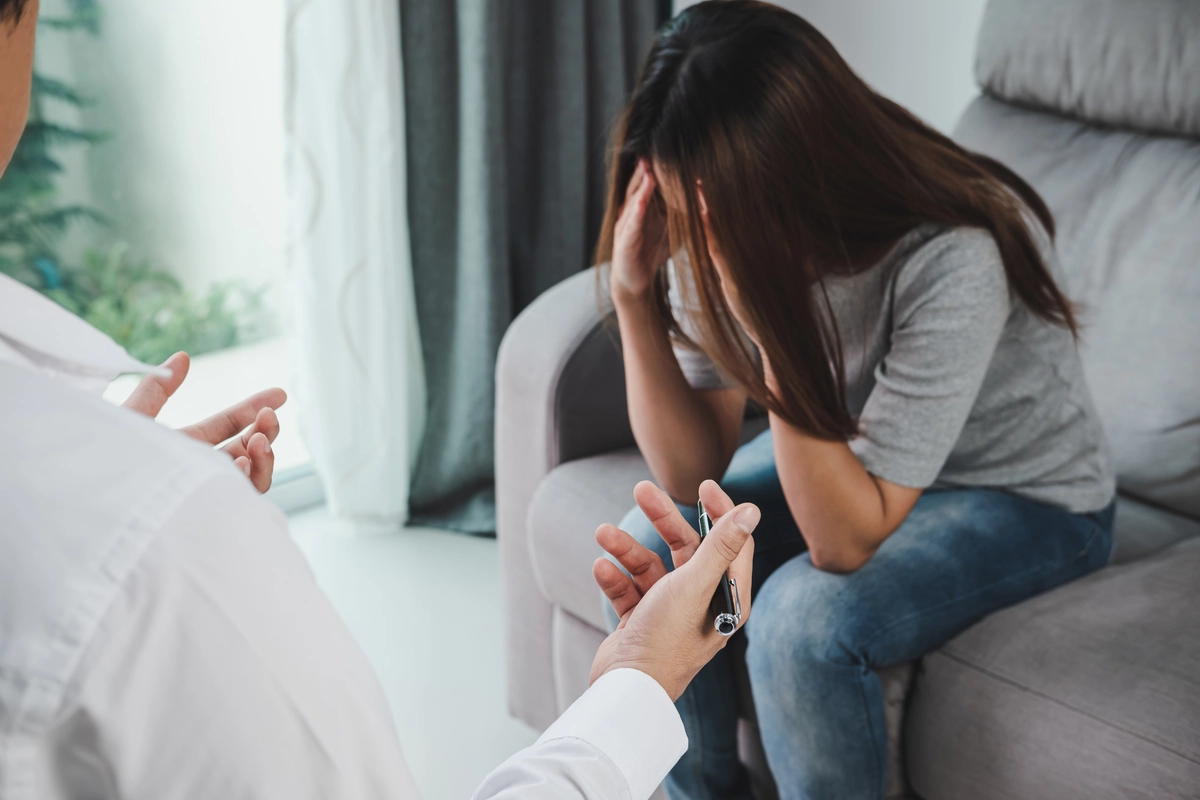24/7 Helpline:
(866) 899-221924/7 Helpline:
(866) 899-2219
Learn more about Opioid Rehab centers in Gibbs

Other Insurance Options

Optima

Providence

Cigna

Carleon

Horizon Healthcare Service

GEHA

Molina Healthcare

PHCS Network

Ceridian

MVP Healthcare

Medical Mutual of Ohio

Multiplan

Health Choice

UMR

Self-pay options

BlueShield

Health Partners

Humana

Optum

American Behavioral


Preferred Family Healthcare – Jamison Street
Preferred Family Healthcare is a mental health, behavioral health, and dual diagnosis treatment cent...

Mark Twain Behavioral Health
Mark Twain Behavioral Health is a private rehab located in Kirksville, Missouri. Mark Twain Behavior...

Preferred Family Healthcare
Preferred Family Healthcare offers a residential and outpatient program, CPRC, RCF, Prevention, Heal...


































Integrative Wellness Institute
Integrative Wellness Institute is a private rehab located in Kirksville, Missouri. Integrative Welln...

AA – Alcoholics Anonymous
AA – Alcoholics Anonymous is a non-profit rehab located in Kirksville, Missouri. AA – Alcoholics Ano...
















